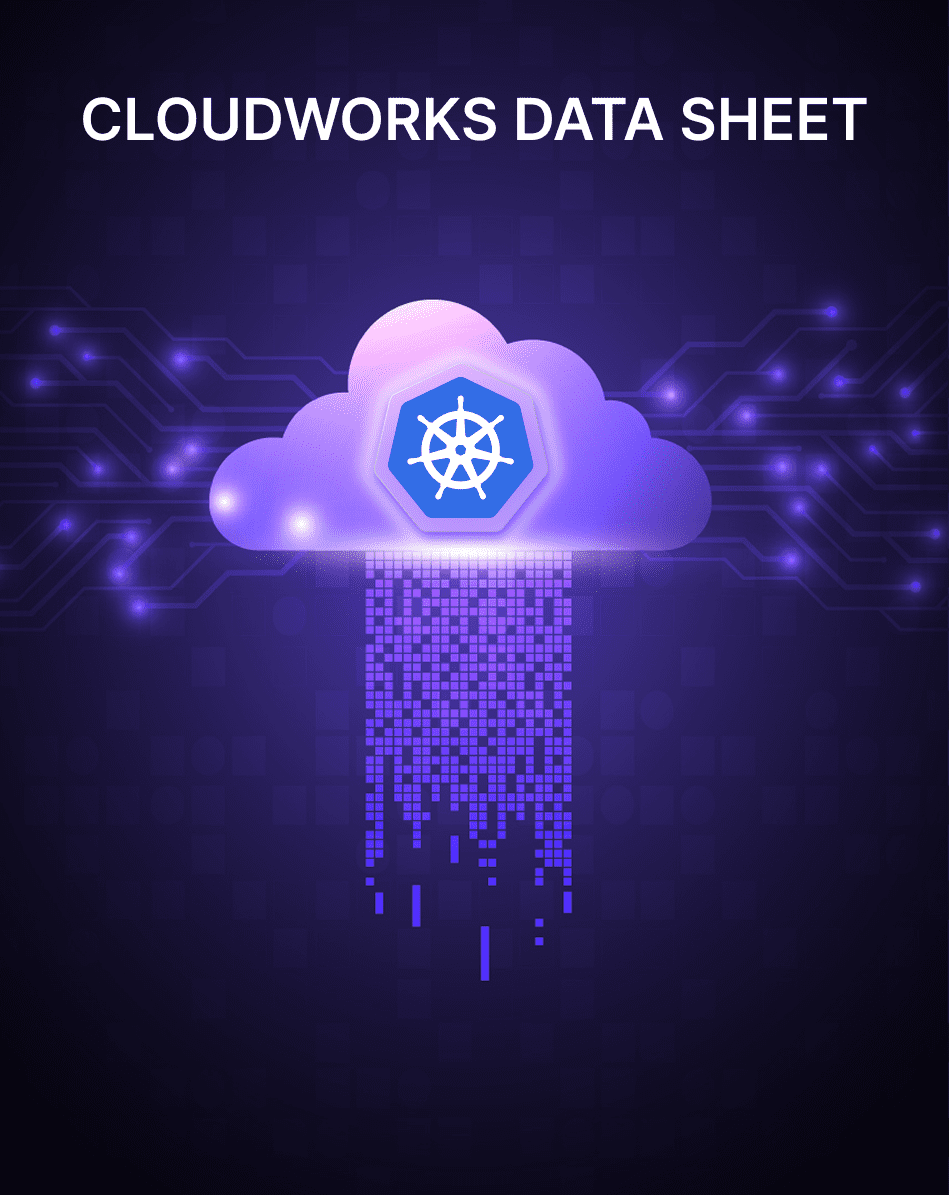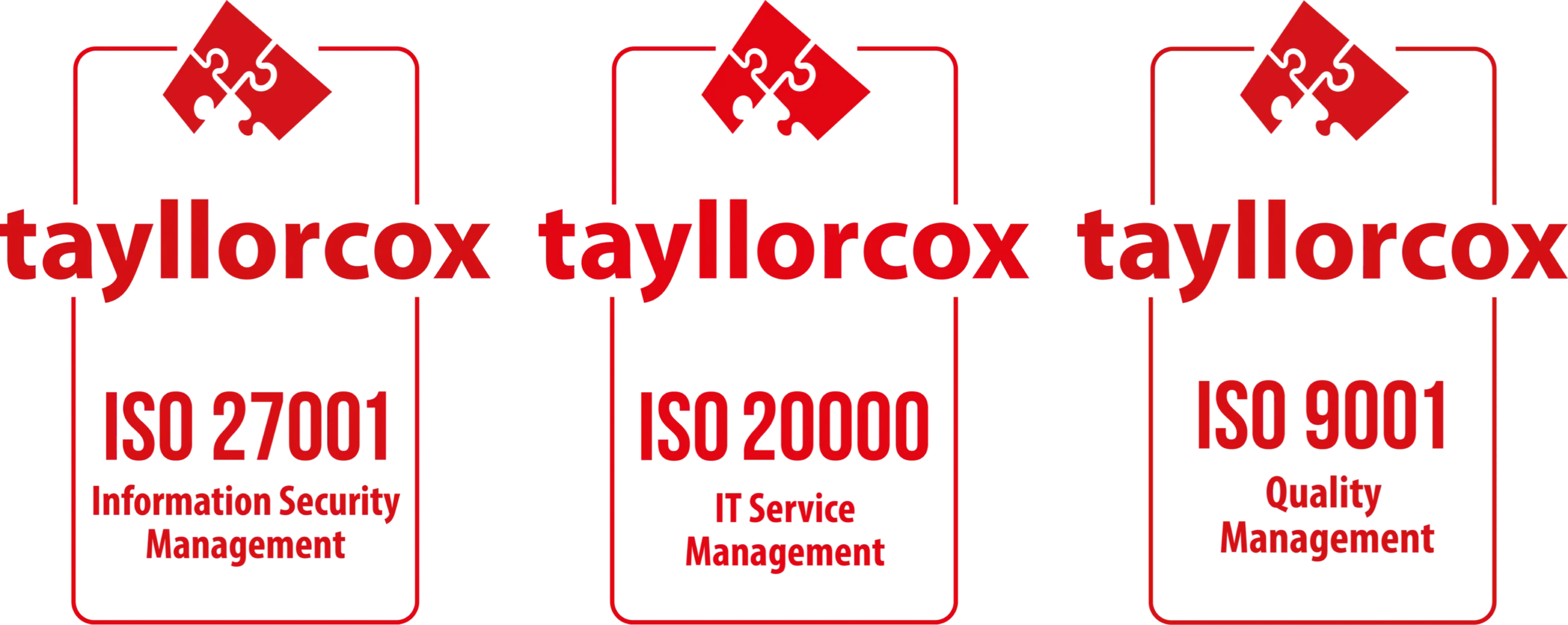Utilizing cloud computing services has evolved into an essential component for achievement in today’s competitive business environment. By 2027, Statistica anticipates sales of $7.24 billion, a compound annual growth rate (CAGR) of 48.2 percent.
With the aid of cloud computing, companies have access to various services and technology that allow them to run their operations more efficiently, efficiently, and safely.
However, businesses must select the most suitable cloud solution and vendor to achieve their full potential. This blog post will discuss the most crucial things to remember when choosing the best cloud solution and provider for your business and the impact that doing so can have.
What is Cloud Computing?
“Cloud computing” refers to providing computer services through the internet as needed. Cloud computing enables you to access various services, including servers, storage, databases, software, and more, all over the internet rather than purchasing and managing your physical servers and infrastructure. This saves you the time and money required to do so. (Learn more about Hybrid Cloud)
The Advantages of Utilizing Cloud Computing
Computing in the cloud offers a variety of advantages to companies of all sizes. Below are some of the most important advantages:
- Scalability: Scalability is a feature of cloud computing that enables enterprises to easily expand or reduce their IT infrastructure in response to changing business requirements. This adaptability is especially valuable for companies whose demand is prone to fluctuations or who experience seasonal surges.
- Cost reduction: Enterprises that use cloud computing services can avoid the upfront expenditures of obtaining and maintaining physical gear and infrastructure. This results in significant cost savings for the enterprises. Instead, they only pay for the services they utilize, which can result in cost savings over the long run.
- Increased protection against cyber threats: Cloud computing suppliers often have sophisticated security measures, offering organizations increased protection against cyber threats. Consequently, businesses can benefit from using cloud computing.
- Increased Productivity: Cloud computing enables organizations to access their data and apps from any location with an internet connection, making it simpler for workers to work remotely or collaborate. This, in turn, contributes to an upgrade in overall productivity.
Finding the Appropriate Cloud Service to Meet Your Needs
One of the most important steps is to choose the appropriate cloud solution to implement a cloud strategy successfully. When selecting the appropriate cloud solution, the following are some essential steps to keep in mind:
Functionality
When choosing a cloud solution, businesses should consider the functionalities necessary to accomplish their objectives. For instance, if a company has to store and manage big volumes of data, it should search for a cloud solution offering scalable storage alternatives, such as object or block storage.
Another example would be if the company wants to transfer massive amounts of data. Alternately, if a company needs to run complex applications, it might need a cloud solution offering specialized compute instances, such as GPU or memory-optimized instances. This is because complex applications require more resources to run.
Integration
Choosing a cloud solution that can integrate without any hitches with the tools and systems you already have is necessary. It can assist in guaranteeing a seamless transfer to the cloud and reduce any disruptions that can occur.
When choosing a cloud solution, companies should ensure their current applications, databases, and management tools are compatible with the new system. Numerous cloud providers make available a comprehensive selection of application programming interfaces (APIs) and software development kits (SDKs) that enable integration with widespread software and services.
Security
Data security is one of the most essential considerations when choosing a cloud-based solution. A cloud solution that provides rigorous security measures is the best option for protecting an organization’s data and apps from being compromised by malicious hackers.
This includes capabilities such as the isolation of networks, encryption of data, control of access, and detection of threats. In addition, companies need to ensure that the cloud provider they use complies with the appropriate security standards, such as ISO 27001 or SOC 2.
Scalability
Cloud computing offers several advantages, one of the most important being scalability. A cloud solution that can swiftly scale up or down to suit the shifting requirements of an organization is the kind of solution that should be chosen.
This includes the capability to add or remove resources according to the requirements, such as compute instances or storage capacity. When selecting a cloud solution, businesses should also consider how simple it is to scale.
Some cloud service providers offer features known as auto-scaling, which allow for the automatic adjustment of resources in response to usage patterns.
Performance
When choosing a cloud-based solution, performance is another essential component to consider!
The performance of the computing, storage, and network resources provided by the cloud solution should be evaluated by businesses. This covers things like the capacity of the CPU and RAM, the read/write speeds of the disk, and the latency of the network.
Additionally, companies should consider the geographic location of the data centers that the cloud provider maintains, as this can affect the performance of the applications and services that the company utilizes.
Cost
Although price shouldn’t be the only thing you consider when selecting a cloud solution, it is essential to go with one that provides both transparent pricing and competitive rates. The cost of the cloud solution’s computing, storage, and network resources, in addition to any additional costs, such as those for data transmission or API access, should be evaluated by businesses before committing to using the solution.
In addition, companies need to consider the pricing model that the cloud provider uses, such as pay-as-you-go or reserved instances, and how well it works with their consumption patterns and budget.
Selecting the Right Cloud Vendor
It is just as crucial to choose the proper cloud provider as it is to choose the correct cloud solution. When evaluating potential cloud service providers, here are some key considerations to keep in mind:
Reputation
The credibility of the provider is an essential aspect to take into account. The cloud computing services businesses use should come from providers with a track record of offering dependable and secure services.
This involves determining the vendor’s reaction time to security events, customer satisfaction ratings, and uptime history. In addition, companies should consider the size and scale of the cloud vendor since larger suppliers can access more resources and experience.
Support
When it comes to cloud computing, companies want a provider that can provide assistance that is both competent and quick to respond. This is of utmost significance in the case that there is a power failure or some other problem.
The support methods offered by the vendor, such as phone, email, or live chat, and the availability of support professionals, such as around-the-clock or during business hours only, should be evaluated by businesses. In addition, companies need to consider the quality of their service, such as response times and resolution rates.
Security
When evaluating cloud service providers, one must consider data security. Companies must ensure their vendors have adequate security procedures to safeguard their data and applications. This includes capabilities such as the isolation of networks, encryption of data, control of access, and detection of threats.
Additionally, companies should evaluate whether or not the vendor complies with appropriate security standards, such as ISO 27001 or SOC 2, before working with them.
Service Level Agreements (SLAs)
Standard Service quality Agreements (SLAs) are contracts that describe the quality of service that a cloud vendor will deliver, including uptime guarantees and response timelines if there is an issue.
Companies must assess the service level agreements (SLAs) provided by potential cloud suppliers to verify that these agreements meet their requirements and standards. This entails looking at the SLA’s terms and conditions and any fines or solutions for violations of the provisions.
Pricing
When comparing different cloud service providers, the cost is an essential component to consider. The costs of potential suppliers’ computing, storage, and network resources, in addition to any additional fees, such as those for data transmission or API access, should be compared and contrasted by businesses.
This should include any applicable taxes. In addition, companies need to think about the price model that the vendor uses, such as pay-as-you-go or reserved instances, and how well it fits in with their use patterns and their budgets.
Innovation
Since cloud computing is a consistently developing field, businesses require a vendor that can remain current with industry developments. The track record of innovation that the vendor has, including the development of new products and services, should be evaluated by businesses before making a purchasing decision.
In addition, companies should consider the vendor’s connections and collaborations with other technology providers since these relationships can give access to a broader range of services and expertise.
Make a Choice with Taikun!
Cloud provider Taikun offers various cloud services, such as platform as a service and software as a service, to its customers. Taikun provides various solutions that can assist organizations in accomplishing their objectives. This comes when more and more companies are looking to the cloud to satisfy their information technology requirements.
Taikun provides several cloud solutions that can accommodate a wide range of requirements. These solutions might differ in functionality, integration, security, scalability, performance, and cost. If you pick Taikun as your cloud vendor, you can be certain that you have made the right choice in selecting a partner that can assist you in accomplishing your objectives and expanding your company.
Give Taikun a try or talk to one of our consultants to see the advantages of cloud computing for yourself!




